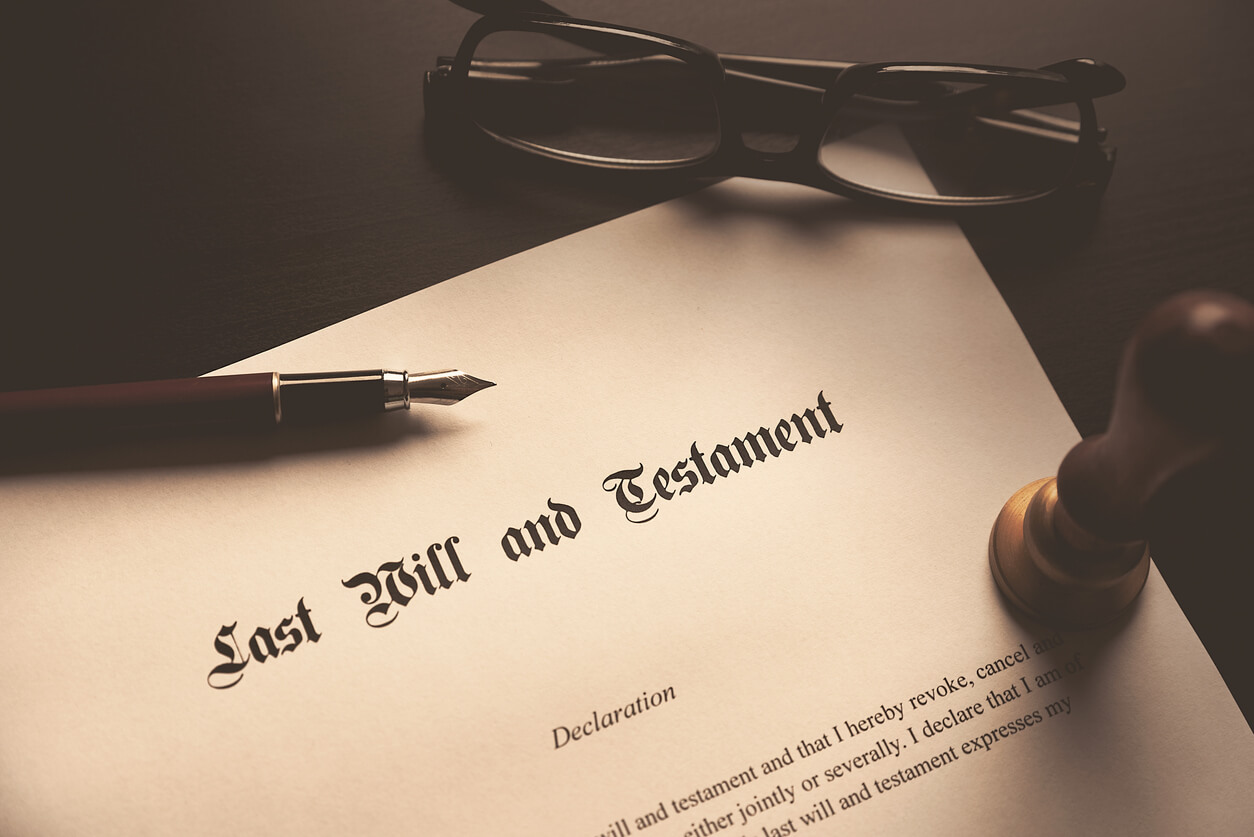Many people have a goal of leaving some of their money to charitable or philanthropic organizations through their will or trust. Charitable remainder trusts make it possible for a person to give to the charitable organizations they choose during their lifetime while still having access to needed assets.
If set up properly, a charitable remainder trust can give you the best of both worlds. You should work with a California trusts attorney to create a charitable remainder trust that complies with all the state and federal regulations and creates the desired benefits, like tax savings. A lawyer can help you understand how to use a charitable remainder trust in your estate planning.
An Overview of Charitable Remainder Trusts
With a charitable remainder trust, you or your chosen lifetime beneficiary may have access to your assets and can use them as you see fit during your lifetime, or the beneficiary’s lifetime, even though the assets are transferred into the trust. Your designated charitable beneficiary will receive some or all of the trust assets after you die. Your trust will specify the terms.
It is possible to set up a charitable remainder trust to benefit a non-charitable beneficiary for the rest of their lifetime, with the remainder of the trust assets going to your designated charitable recipient after the death of the non-charitable beneficiary. In other words, you could set up the trust so that your surviving spouse, child, friend or family member, or some other person receives benefits from the trust for the rest of their lifetime, with the charity receiving the assets that remain upon the death of that person.
Your selection of trustees for a charitable remainder trust is a crucial decision. These trusts are more sophisticated and complicated to administer than a simple living trust. Many people appoint a professional fiduciary, trust company, or financial institution to serve as the trustee for their charitable remainder trust. The risk of appointing a non-professional to serve as the trustee for a charitable remainder trust is that if the trustee does not comply with state or federal regulations, the trust could become invalid and lose its tax savings and other benefits.
How Charitable Remainder Trusts Are Different from Charitable Lead Trusts
There are two primary types of charitable trusts in California, the charitable remainder trust and the charitable lead trust. We have already discussed how charitable remainder trusts work. Charitable lead trusts are different in that the charity receives benefits first, for a period of years, and then the people you choose receive the remainder of the trust assets when the period expires.
Let’s say that you want to set up a charitable lead trust to pay a specified portion of the trust assets to a specific charity, like 10 percent of the assets annually to the charity for three years. At the end of the three years, called the lead period, the assets that remain in the trust would get distributed to the beneficiaries you chose, like your children or your surviving spouse, in the trust document. If you are considering setting up a charitable remainder trust or some other type of living trust, you should work with a California estate planning attorney to help create an estate planning document that meets your goals and needs. Contact our office today for help with your case.









